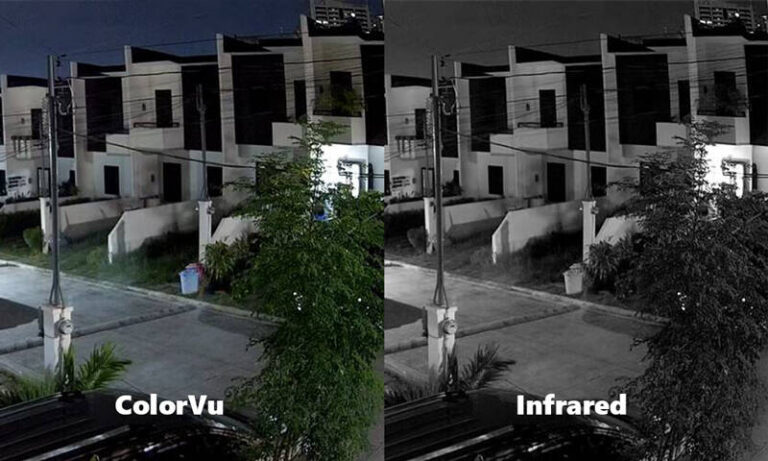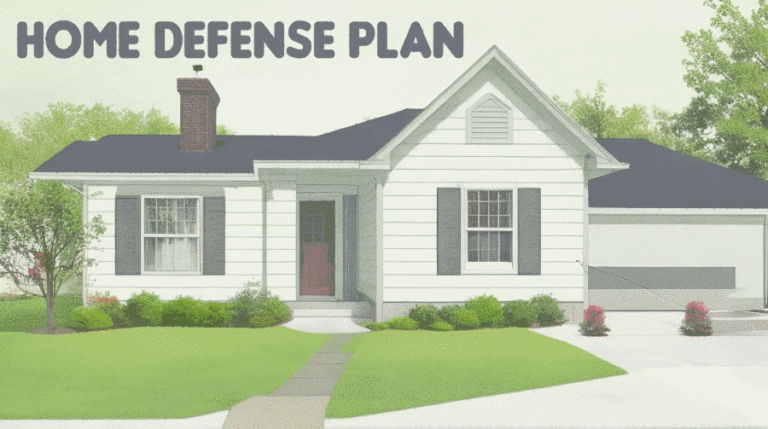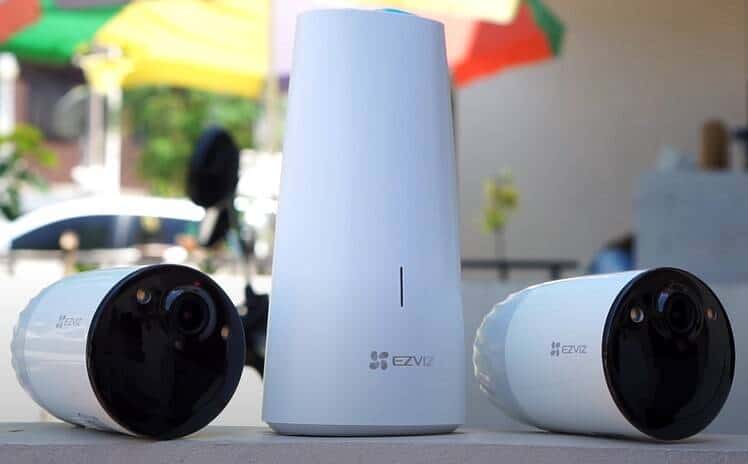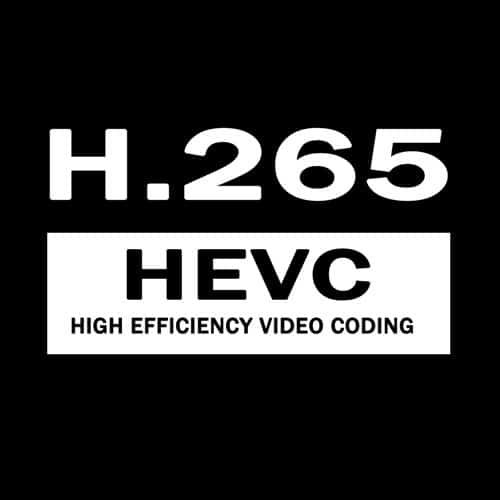Are Smart Locks as Secure as Standard Locks?
Smart locks have revolutionized home security by offering features that traditional standard locks can’t match. With the ability to control and monitor your locks remotely through a smartphone app, grant access to guests, and receive notifications about door activity, smart locks provide a new level of convenience and connectivity. However, this convenience comes with its own set of security considerations.
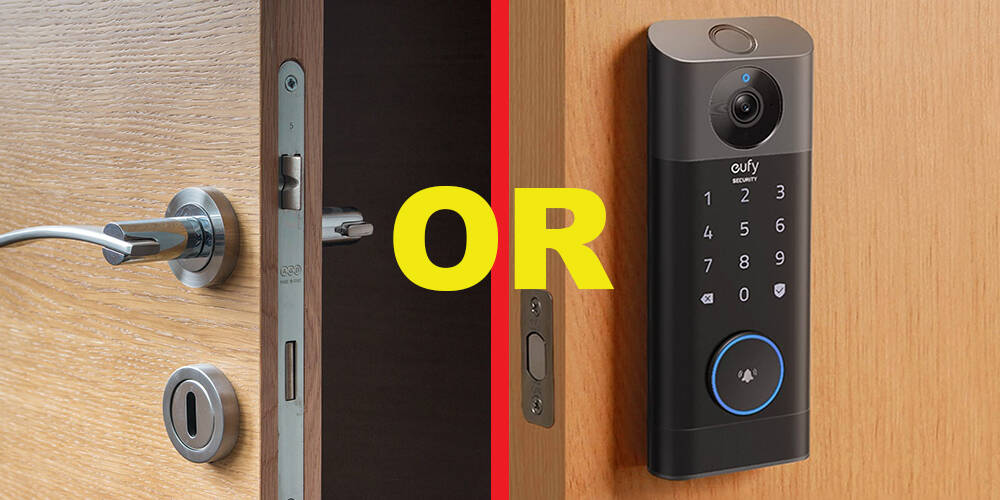
The Technology Behind Smart Locks
Smart locks employ a range of cutting-edge technologies such as Bluetooth, Wi-Fi, and NFC (Near Field Communication) to communicate with your devices and grant access. Some models even integrate with virtual assistants like Amazon Alexa and Google Assistant, making it possible to control your lock with voice commands. This advanced technology provides a seamless user experience, but it also raises questions about potential vulnerabilities.
Vulnerabilities and Risks
While smart locks offer impressive features, they are not immune to security risks. Hacking, unauthorized access, and software vulnerabilities are potential threats that smart lock users need to be aware of. Malicious actors could exploit these vulnerabilities to gain access to your home. Manufacturers are continuously working to enhance the security of smart locks, but the evolving nature of technology means that new risks can emerge.
Standard Locks: Time-Tested Security
On the other hand, standard locks have stood the test of time and have a proven track record of security. They are mechanical and do not rely on digital components that can be exploited by hackers. However, they lack the convenience and remote access features of smart locks. Standard locks are typically more resistant to hacking, as they require physical manipulation rather than exploiting digital loopholes.
The Balance Between Convenience and Security
The debate between smart locks and standard locks often boils down to a trade-off between convenience and security. Smart locks offer unparalleled convenience with features like remote unlocking, guest access management, and integration with smart home systems. Standard locks, while less technologically advanced, provide a straightforward and reliable security solution.
Exploring the Pros and Cons
To better understand the security landscape of smart locks and standard locks, let’s delve into their respective pros and cons:
Smart Locks: Pros
- Convenience: Control your locks remotely, grant temporary access to guests, and receive activity alerts.
- Integration: Seamlessly integrate with other smart home devices and systems.
- Keyless Entry: Eliminate the need for physical keys, reducing the risk of lockouts.
- Access History: Keep track of who enters and exits your home and when.
Smart Locks: Cons
- Cybersecurity Concerns: Vulnerabilities in technology could lead to unauthorized access.
- Dependence on Power: Smart locks require a power source, and if it fails, you could be locked out.
- Potential Malfunctions: Software glitches or connectivity issues may affect lock performance.
Standard Locks: Pros
- Proven Security: Standard locks have a long history of providing reliable security.
- No Digital Vulnerabilities: Lack of digital components reduces the risk of remote hacking.
- Minimal Maintenance: Standard locks require less maintenance and don’t rely on power sources.
Standard Locks: Cons
- Limited Convenience: Physical keys can be lost or forgotten, leading to lockouts.
- No Remote Access: You can’t control or monitor standard locks remotely.
- Manual Guest Management: Sharing access requires physical keys or duplicate copies.
Expert Recommendations
When deciding between smart locks and standard locks, it’s essential to evaluate your priorities. If convenience and integration with a smart home system are your main concerns, smart locks might be the right choice. However, if you prioritize proven security and want a lock that is less susceptible to digital vulnerabilities, standard locks could be a better fit.
To enhance the security of smart locks, follow these expert recommendations:
- Regularly update the lock’s firmware to ensure it’s protected against known vulnerabilities.
- Use strong, unique passwords for your lock’s app and associated accounts.
- Enable two-factor authentication for an added layer of security.
- Keep your smartphone and other connected devices secure to prevent unauthorized access.
FAQs
Q: Can smart locks be hacked easily?
A: Smart locks can be vulnerable to hacking, especially if not properly secured. Regular updates and strong security practices can mitigate this risk.
Q: What happens if the power goes out with a smart lock?
A: Most smart locks have backup options like physical keys or emergency power sources to ensure you can still access your home.
Q: Are standard locks outdated?
A: Standard locks are not outdated; they offer a reliable security option without the complexities of digital vulnerabilities.
Q: Can I use both smart locks and standard locks together?
A: Yes, many homeowners choose to use both types of locks for different entry points to balance convenience and security.
Q: Do smart locks work without an internet connection?
A: Some smart locks can function without an internet connection, but certain features may be limited.
Q: Are there insurance implications for using smart locks?
A: Some insurance companies offer discounts for using smart locks due to their enhanced security features. Check with your provider for details.
Conclusion
In the ongoing debate of Are Smart Locks as Secure as Standard Locks?, the answer lies in the delicate balance between convenience and security. While smart locks offer advanced features and integration with smart home systems, they also introduce digital vulnerabilities that standard locks do not have. Standard locks, though less technologically advanced, provide a time-tested security solution that is resistant to remote hacking. When choosing between the two, consider your priorities and follow expert recommendations to make an informed decision that aligns with your home security needs.

